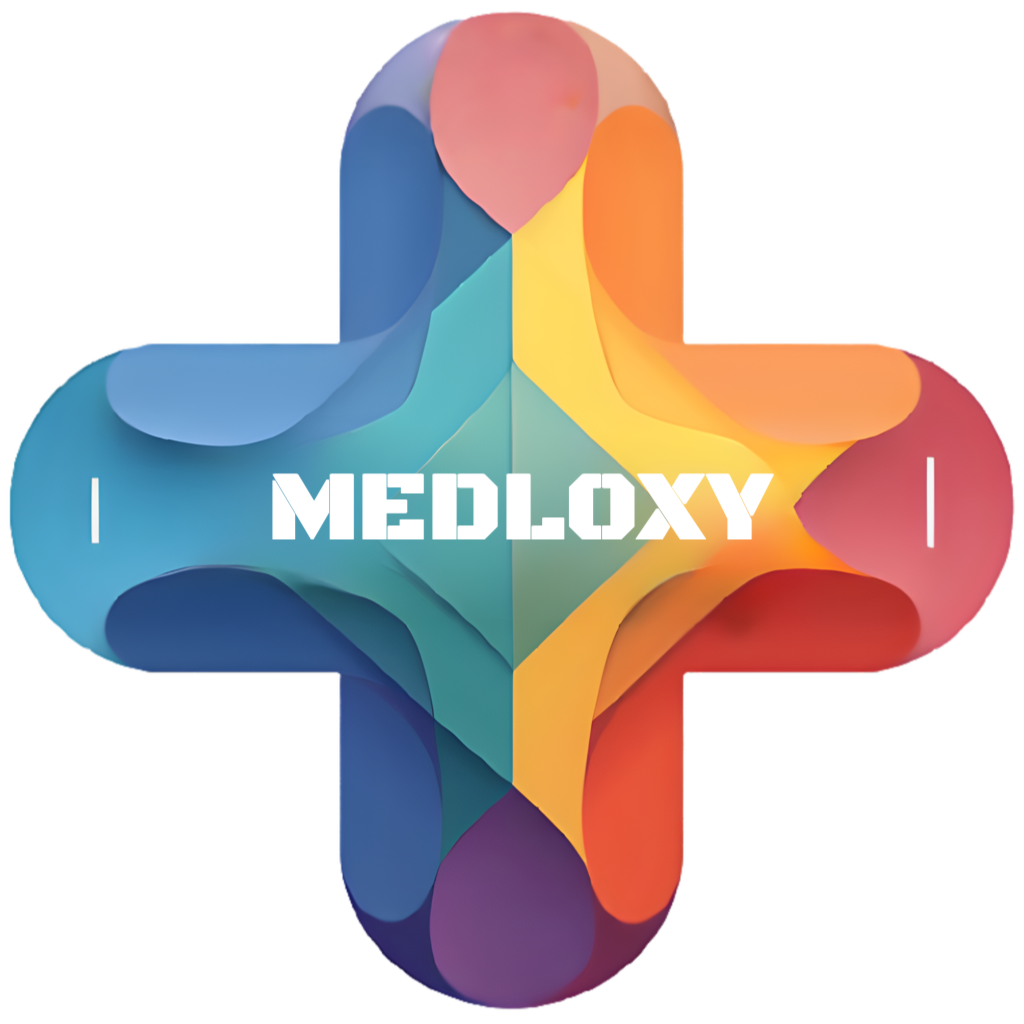Discover the symptoms, root causes, and science-backed treatments for adrenal fatigue, particularly in remote workers. Learn when to seek help and how to manage it effectively.
Overview About Adrenal Fatigue
In the burgeoning era of remote work, a silent epidemic is unfolding, impacting the well-being of countless individuals: adrenal fatigue. This condition, characterized by a chronic state of exhaustion and dysfunction of the adrenal glands, is becoming increasingly prevalent among those who navigate the unique challenges of working from home. It’s more than just feeling tired; it’s a profound depletion of the body’s stress response system, impacting energy levels, cognitive function, and overall resilience. The adrenal glands, the body’s stress response architects, become overwhelmed by the persistent pressures inherent in remote work, such as the blending of work and personal life and the 24/7 digital connectivity. Understanding the subtle nuances of adrenal fatigue, especially within the context of remote employment, is pivotal for fostering a sustainable and healthy work-life balance. Recognizing the insidious nature of this condition and implementing preventative and restorative measures is essential to preserve the health of the remote workforce.
Symptoms of Adrenal Fatigue
- Persistent and overwhelming fatigue, particularly pronounced upon waking and during the afternoon slump, despite adequate sleep. This symptom is a hallmark of adrenal exhaustion, reflecting a dysregulated cortisol rhythm.
- Difficulty concentrating and experiencing “brain fog,” characterized by mental sluggishness, impaired memory, and reduced cognitive clarity.
- Sleep disturbances, including insomnia, frequent nighttime awakenings, and unrefreshing sleep, contribute to a cycle of fatigue and further adrenal stress.
- Increased susceptibility to illness, prolonged recovery from infections, and a weakened immune system, reflecting the impact of chronic stress on immune function.
- Salt cravings and a tendency to experience lightheadedness or dizziness upon standing, indicating potential electrolyte imbalances and low blood pressure.
- Low blood pressure, leading to feelings of weakness, dizziness, and fatigue, as a result of adrenal hormone dysregulation.
- Increased anxiety, irritability, and mood swings, reflecting the influence of hormonal imbalances on emotional stability.
- Decreased libido, stemming from hormonal disruptions and overall fatigue.
- Difficulty handling stress, feeling easily overwhelmed, and exhibiting reduced stress resilience, indicating a weakened HPA axis.
- Muscle weakness and aches, reflecting the impact of chronic stress on muscle function and electrolyte balance.

When to See a Doctor
If you consistently experience a combination of the above symptoms, particularly persistent fatigue, sleep disturbances, and heightened stress sensitivity, seeking medical consultation is crucial. While “adrenal fatigue” is a controversial diagnosis in some medical circles, the cluster of symptoms indicates a state of chronic stress that needs addressing. Timely intervention can mitigate the risk of developing more serious health issues and enhance overall well-being. Immediate medical attention is warranted if you experience severe dizziness, fainting spells, or sudden shifts in mental status.
Causes of Adrenal Fatigue
Biological Causes The core biological driver of adrenal fatigue is prolonged exposure to chronic stress. The adrenal glands, tasked with producing cortisol and other stress hormones, become overburdened when subjected to unrelenting stress. This chronic stimulation disrupts the delicate balance of the hypothalamic-pituitary-adrenal (HPA) axis, the central regulator of the stress response. Over time, this disruption leads to altered cortisol production patterns, with initial elevations followed by a decline as the adrenal glands become depleted. This dysfunction weakens the body’s ability to effectively manage stress.
How your lifestyle Triggers
The unique challenges of remote work amplify the risk of adrenal fatigue. The blurring of work-life boundaries, characterized by constant availability and a lack of clear separation between professional and personal life, creates a perpetual state of stress. Prolonged exposure to screen time and blue light can disrupt circadian rhythms, impairing sleep quality and exacerbating adrenal stress. Irregular work hours, the absence of a structured daily routine, and social isolation contribute to hormonal imbalances and increased feelings of isolation. The constant influx of digital information and notifications leads to chronic mental overload, further stressing the adrenal glands.
Risk Factors
Several factors contribute to the increased vulnerability of remote workers to adrenal fatigue. Chronic work-related stress, stemming from demanding workloads, tight deadlines, and the pressure to maintain productivity, is a primary risk factor. Individuals with a history of trauma, chronic illness, or autoimmune disorders are also more susceptible. Poor sleep hygiene, characterized by irregular sleep schedules and insufficient sleep, impairs adrenal function. A diet high in processed foods, caffeine, and sugar further strains the adrenal glands. A lack of regular physical activity and social connection exacerbates the risk.

Complications of adrenal fatigue
If left unaddressed, adrenal fatigue can give rise to a range of complications that affect both physical and mental well-being. Chronic fatigue can significantly impair productivity, diminish quality of life, and strain relationships. Sleep disturbances can lead to weakened immune function, cognitive decline, and mood disorders. Hormonal imbalances can contribute to weight gain, digestive problems, and cardiovascular issues. Mental health complications, such as anxiety, depression, and burnout, are also prevalent. In severe cases, adrenal insufficiency can develop, a potentially life-threatening condition requiring immediate medical intervention. Read More >>>>
Diagnosis
- Salivary cortisol testing, to evaluate cortisol levels throughout the day and assess adrenal gland function.
- Blood tests to measure hormone levels, including cortisol, DHEA, and ACTH, to evaluate the HPA axis.
- Symptom assessment and medical history review to identify patterns and contributing factors.
- Comprehensive metabolic panel to assess overall health and identify any underlying conditions.
Treatment Options
- Lifestyle adjustments, which include establishing clear work-life boundaries, cultivating a structured daily routine, and prioritizing sleep hygiene.
- Stress management techniques, such as mindfulness meditation, yoga, deep breathing exercises, and journaling.
- Dietary modifications involve a balanced diet rich in whole foods, lean proteins, and healthy fats, while limiting processed foods, caffeine, and sugar.
- Supplementation with adaptogenic herbs, such as ashwagandha, rhodiola, and licorice root, to support adrenal function.
- Regular low-impact exercise, such as walking, swimming, or yoga, to avoid overburdening the adrenal glands.
- Prioritizing social connections and seeking emotional support from friends, family, or a therapist.
- Cognitive behavioral therapy (CBT) to address negative thought patterns and develop healthy coping strategies.
- A gradual return to normal activities to avoid overexertion and prioritize rest and recovery.
FAQ’s
-
What are the symptoms of adrenal fatigue?
Common symptoms attributed to adrenal fatigue include:
-Constant fatigue or exhaustion
-Difficulty waking up in the morning
-Cravings for salty or sweet foods
-Trouble handling stress
-Brain fog or poor concentration
-Weakened immunity
-Lightheadedness when standing -
Is adrenal fatigue a real medical condition?
Adrenal fatigue is not officially recognized by the medical community as a legitimate diagnosis. However, the symptoms people experience are very real and can be related to other underlying issues such as:
-Chronic fatigue syndrome
-Thyroid disorders
-Sleep disorders
-Depression or anxiety
-Nutritional deficiencies -
How is adrenal fatigue diagnosed?
There is no standard medical test to diagnose adrenal fatigue. Some alternative practitioners may use saliva cortisol tests, but these are not considered reliable by most doctors. Medical professionals may instead look for signs of adrenal insufficiency or other underlying health issues through blood tests.
-
What’s the difference between adrenal fatigue and adrenal insufficiency?
Adrenal Fatigue: A controversial, non-medically recognized concept.
Adrenal Insufficiency (Addison’s disease): A serious, diagnosable medical condition where the adrenal glands do not produce enough cortisol or aldosterone. It requires hormone replacement therapy and ongoing medical care.
Learn more about natural remedies for adrenal fatigue here: /natural-remedies-for-adrenal-fatigue.








